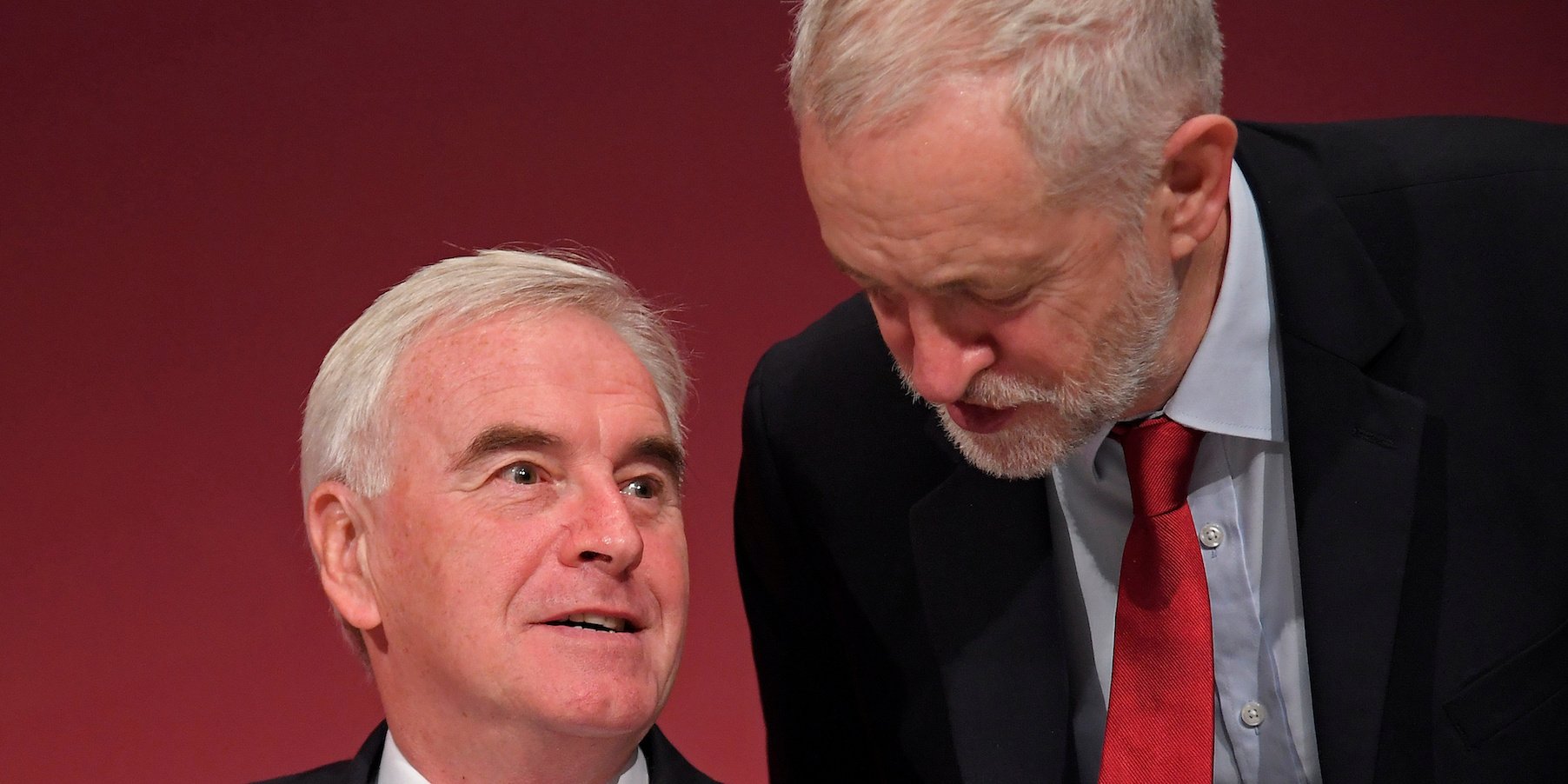“Faced with the crisis of the Second World War, Churchill demanded ‘action this day’ so the country could rise to the challenge.
“And, faced with an unprecedented housing crisis, that’s what you’re going to get from this government.
“Real action, day after day, week after week, to give this country a housing market that works for everyone.”
Javid used his speech to call for higher government borrowing to fund this house building. Hammond is unlikely to be able to take decisive action, however, with his own deficit reduction targets getting in the way.
“Given the restrictions of the self-imposed fiscal mandate, it is unlikely that Mr Hammond will go far in supporting the recent suggestion by Communities Secretary Sajid Javid that the Government should borrow to fund housebuilding,” Martin Beck, an economist at Oxford Economics said in research note on November 15.
“That said, extra borrowing for construction could ultimately be offset by the revenue from renting out or selling the properties. Hence, this policy should have merits even to hardline austerity advocates.”
Taxation
As with most budgets, taxes are set to be a hot topic. The Conservative Party is ideologically committed to keep taxes low, but taxes could rise in certain areas, and a number of tax relief schemes are believed to be under threat.
One of those is the so-called Entrepreneurs’ Relief scheme, which allows directors of companies who own more than 5% of the company to pay just 10% tax on capital gains. Without that relief, capital gains are taxed at 28%. The scheme is essentially designed to give small business owners a tax break, but has been accused of being open to abuse in the past.
“There’s a growing expectation that Entrepreneurs’ Relief will be attacked as part of the Autumn Budget 2017, which will prove an unpopular move with business owners and aspiring entrepreneurs. Such a change might appeal however to younger generations who feel that wealthy business owners shouldn’t benefit from such a generous tax saving measure,” Steven Tebbutt, tax director at accountancy firm MHA MacIntyre Hudson said in an email.
“The Government has already introduced “anti-phoenixing” rules to combat business owners abusing the relief by extracting profits through liquidation, only to resume the same business, sometimes multiple times or even ad infinitum. However, there remains a number of planning opportunities which the Government could still look to limit or close.”
Another possible measure when it comes to taxation, but this time in the form of a cut, is to lower stamp duty for first-time buyers, as a small measure to help the millennial generation get on the housing ladder. Such a move has “been mooted as a ‘Millennial’-friendly measure, although the likelihood that lower duty would be capitalised in higher property prices makes the logic of such a move debatable,” Beck writes.
Although not strictly related to the implementation of taxes, it is thought that Hammond could set the wheels into motion with regards to a crackdown on the use of offshore tax havens by corporations and wealthy individuals to avoid paying taxes.
Tax havens are in the spotlight following the recent publication of the Paradise Papers, a huge dump of documents which revealed, among other things, that the Queen held offshore investments through her leadership of the Duchy of Lancaster.
Last week Labour MP Dame Margaret Hodge led an emergency debate in the House of Commons calling for new laws to force big firms to report profits more openly. Hodge called tax avoidance “a national and international disgrace.”
Other measures
As Beck points out, Hammond will likely re-announce a number of spending commitments already made by the government since the last budget in March, including commitments made by Theresa May when agreeing a deal with the DUP that allowed the Conservative Party to govern after their failure to win a majority at June’s general election.
The government is already committed to:
- “Almost £500m per year for two years to Northern Ireland flowing from the ‘confidence and supply’ arrangement with the DUP”;
- “A lifting of the 1% cap on pay growth for some public sector workers. With a total public sector pay bill of £180bn, increasing the cap to 2% for all state employees would cost an extra £1.8bn per year”;
- “The ceiling on university tuition fees will be frozen next year and the minimum earnings limit at which student debt is repaid increased.”
Hammond is also set to announce the introduction of a new railcard for 26-30 year old Brits, set to come into effect in 2018.
The opposition response
 Shadow Chancellor John McDonnell (L) with Labour leader Jeremy CorbynReuters/Toby Melville
Shadow Chancellor John McDonnell (L) with Labour leader Jeremy CorbynReuters/Toby Melville
The government’s official opposition, the Labour Party, has been vociferous in the lead up to the budget, with Shadow Chancellor John McDonnell calling on Hammond and Prime Minister Theresa May to announce an “emergency budget” including a series of fairly drastic measures.
During a speech last week, McDonnell called on the Conservatives to announce the following measures on Wednesday:
- Pause the roll-out of Universal Credit;
- Pump money into health, education, and local government;
- Put money towards public sector pay rises;
- Increase funding for infrastructure projects;
- Launch a national, large-scale house-building programme;
McDonnell also attacked Hammond for having “no idea what is going in the real world” as the chancellor prepares to announce the budget.
“Let’s hope he wakes up and see what is happening to the real people,” McDonnell told a press conference in Westminster.













